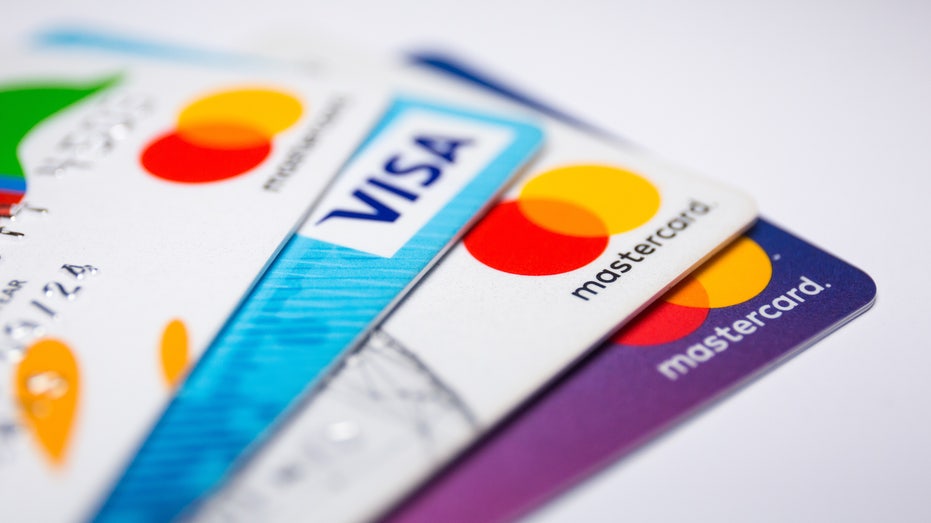
These Common Mistakes Could Sabotage Your Credit Score
Understanding Credit Scores: The Crucial Difference
Do you grasp the significant difference between a credit score of 550 and one of 780? While they are numerically 230 points apart, they represent two very different financial realities. A score of 550 is typically classified as poor credit, while 780 is considered excellent credit. Your credit score can significantly impact your financial opportunities, influencing everything from loan approvals to interest rates.
Why You Should Monitor Your Credit Regularly
If you’re not in the habit of checking your credit score regularly, now is the time to start. Minor mistakes on your credit report are more common than you might think, and they can wreak havoc on your credit score. In this article, we’ll explore the most frequent credit report mistakes and how you can rectify them.
Getting Started: Your Free Annual Credit Report
Step 1: Obtain Your Free Credit Report
Thanks to federal law, you are entitled to one free credit report per year from each of the three major credit bureaus: TransUnion, Experian, and Equifax. The simplest way to request these reports is online. If you opt for phone or mail requests, be prepared to wait up to two weeks after they receive your paperwork.
Pro Tip: Don’t forget to check your report with Innovis, the fourth credit bureau, to ensure you have a complete view of your credit history.
Identifying Common Credit Report Mistakes
Step 2: Spotting Frequent Errors
Once you have your credit report in hand, it’s essential to look for common mistakes that could harm your score:
– **Typographical Errors**: Errors like misspellings of your name or incorrect addresses can easily lead to confusion and mix-ups with someone else’s credit file.
– **Unfamiliar Accounts**: Be vigilant for accounts or loans you don’t recognize. This could indicate identity theft or mistakes made by creditors.
– **Duplicate Entries**: Seeing the same debt listed more than once is a red flag. This could include repeated collection accounts or paid-off debts still showing as active.
– **Incorrect Information**: Sometimes, payments may be inaccurately reported as late, or closed accounts might still appear as open. Additionally, there could be discrepancies in your credit limits or payment histories.
– **Outdated Records**: Ensure that older bankruptcies (beyond ten years), late payments (older than seven years), and outdated collection accounts are not lingering on your report.
Taking Action: How to Dispute Errors
Step 3: Report Any Irregularities
If you discover anything unusual, don’t panic! Document the discrepancies and file a dispute with the credit reporting agency either online, over the phone, or by mail.
When filing a dispute, clearly outline what’s wrong and why it’s incorrect. Include copies of any supporting documents and your contact information, along with your credit report confirmation numbers. Follow up to ensure the bureau investigates your dispute within 30 days. If your claim is valid, they are required to correct it and notify the other bureaus.
Stay Vigilant: Employment Data and Its Impact
While you’re reviewing your credit, it’s also a good idea to check your Employment Data Report (EDR) through Equifax. This report contains information about your past employment and income, which employers may use to verify your identity and salary history.
Protecting Your Employment Data
To safeguard your EDR, you can freeze it just like a credit report. This prevents unauthorized access and allows you to monitor who has tried to view your data in the past two years.
To review your EDR, register with The Work Number. If you find any inaccuracies, fill out the data dispute form. To freeze your employment data, complete the Data Freeze Placement Form and submit it. The Work Number will send you a confirmation letter and a PIN to manage your freeze.
If you can’t locate your employer in their system, they might not be registered. In that case, contact the freeze helpline at 1-800-367-2884 for assistance.
Final Thought: Take Control of Your Financial Future
Unless you are actively seeking a loan or applying for government benefits, it’s wise to keep your EDR frozen. If a potential employer insists on checking your EDR before hiring, it might be worth reconsidering the job offer.
Stay informed and take proactive steps to protect your financial health. Regularly monitoring your credit and employment data can help you maintain a strong credit score and avoid any unpleasant surprises.
For more tips and guidance on managing your technology and finances effectively, consider following expert advice from trusted sources.

